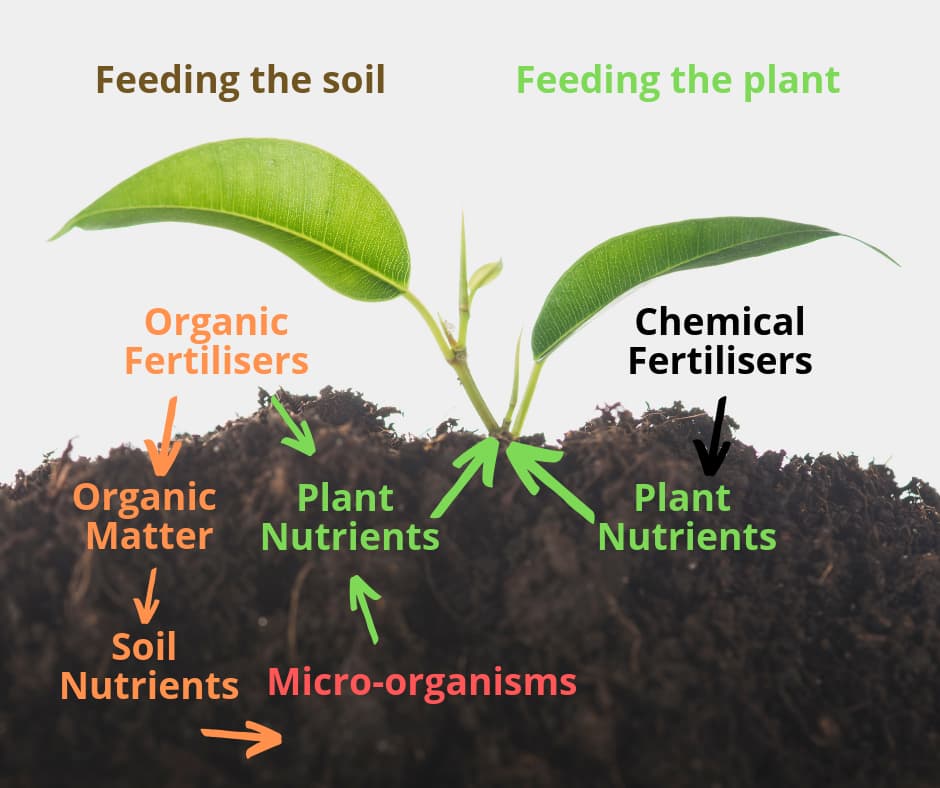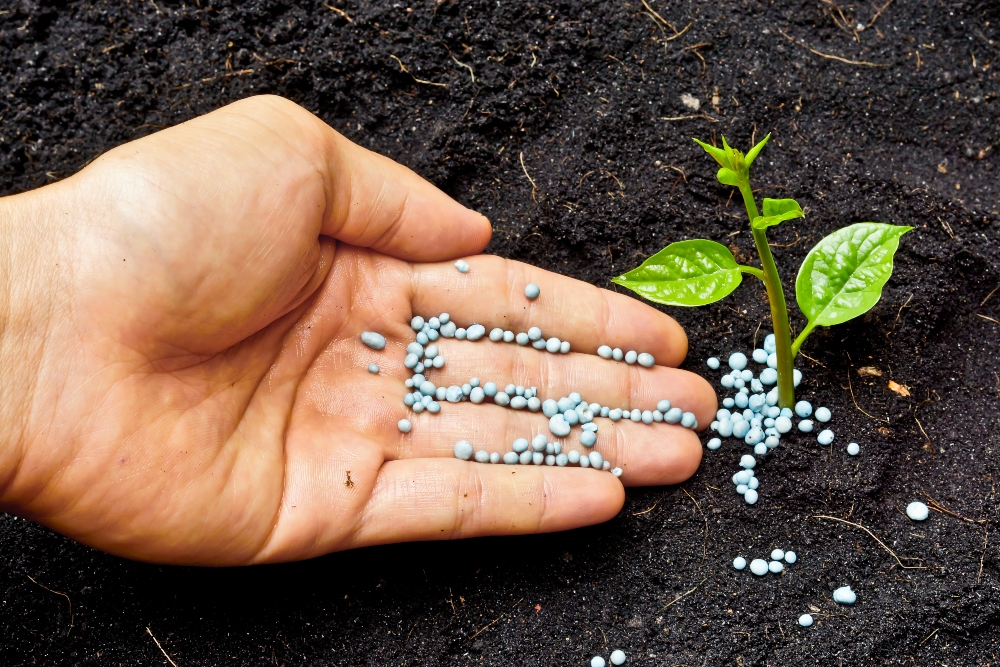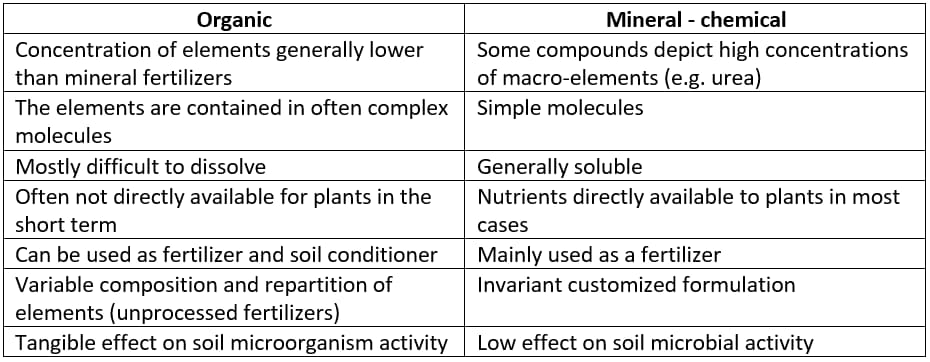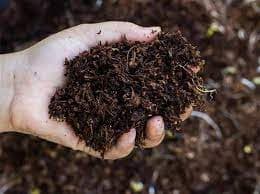Organic Fertilizer Vs Chemical Fertilizer

Organic fertilizers are derived from natural sources such as plants, animals, and minerals, while chemical fertilizers are man-made and contain synthetic ingredients. Organic fertilizers improve soil health and release nutrients gradually, but may not be as effective as chemical fertilizers in correcting soil deficiencies.
Chemical fertilizers are readily available, cost-effective, and provide precise control over nutrient additions, but can harm the environment if misused and degrade soil quality over time. The choice between organic and chemical fertilizers depends on factors such as the type of plants grown, soil conditions, personal preferences, and budget. Ultimately, a combination of both organic and chemical fertilizers can be used to achieve optimal plant growth and soil health.
In this post here describes the comparison between organic fertilizers and chemical fertilizer ( Organic Fertilizer Vs Chemical Fertilizer: A Comprehensive Comparison)
Organic Fertilizers

Composition:
Organic fertilizers are made from natural sources such as animal manure, bone meal, and compost.
Availability:
Organic fertilizers are readily available, but may not be as easily accessible in some regions as compared to chemical fertilizers.
Release of Nutrients:
Organic fertilizers slowly release nutrients into the soil over time, providing a slow and steady supply to the plants.
Soil Improvement:
Organic fertilizers help improve the structure and fertility of the soil over time, promoting soil health and increasing its ability to retain moisture.
Environmental impact:
Organic fertilizers are considered environmentally friendly as they do not contain synthetic chemicals that can harm the soil and water quality.
Advantages of Organic Fertilizer:
- It improves soil health by adding organic matter and promoting the growth of beneficial soil microorganisms.
- It releases nutrients gradually, reducing the risk of over-fertilization and plant burn.
- It is safe for use around children and pets.
- It can improve the taste and quality of fruits and vegetables.
Disadvantages of Organic Fertilizer:
- It is often more expensive than chemical fertilizers.
- It may not provide a quick-fix solution, as it takes time for the organic matter to break down and release nutrients into the soil.
- It may not be as effective as chemical fertilizers in correcting soil nutrient deficiencies.
- Availability may be limited in certain regions.
Chemical Fertilizers

Composition:
Chemical fertilizers are made from synthetic compounds and contain a concentrated source of essential plant nutrients such as nitrogen, phosphorus, and potassium.
Availability:
Chemical fertilizers are widely available and can be purchased at most garden centers and agriculture supply stores.
Release of Nutrients:
Chemical fertilizers release nutrients quickly into the soil, providing an immediate boost to plant growth.
Soil Improvement:
Chemical fertilizers do not improve soil structure or fertility and may even harm the soil over time if used excessively.
Environmental impact:
Chemical fertilizers can have a negative impact on the environment if not used properly. They can contaminate water sources and harm beneficial soil organisms.
Advantages of Chemical Fertilizer
- It is readily available and provides a quick and efficient way to add nutrients to the soil.
- It is cost-effective, as chemical fertilizers can be purchased in large quantities.
- It is easy to apply, as it is usually in a concentrated form that can be mixed with water.
- It provides precise control over the amount of nutrients added to the soil.
Disadvantages of Chemical Fertilizer
- It can harm the environment if not used correctly, as excess fertilizer can run off into rivers and streams, causing water pollution.
- It can cause soil degradation over time, as it does not improve soil structure or health.
- It can burn plants if it applies in excess.
- It does not improve the taste or quality of fruits and vegetables.
If you want to learn any more about pesticides, CHECK HERE…
Organic Fertilizer Vs Chemical Fertilizer

Conclusion
Both organic and chemical fertilizers have their advantages and disadvantages. The best choice will depend on factors such as the type of plants being grown, soil conditions, personal preferences, and budget. While organic fertilizers improve soil health and are environmentally friendly, they may not be as effective as chemical fertilizers in correcting soil deficiencies. Chemical fertilizers, on the other hand, are readily available and cost-effective, but can harm the environment and degrade soil quality over time.

